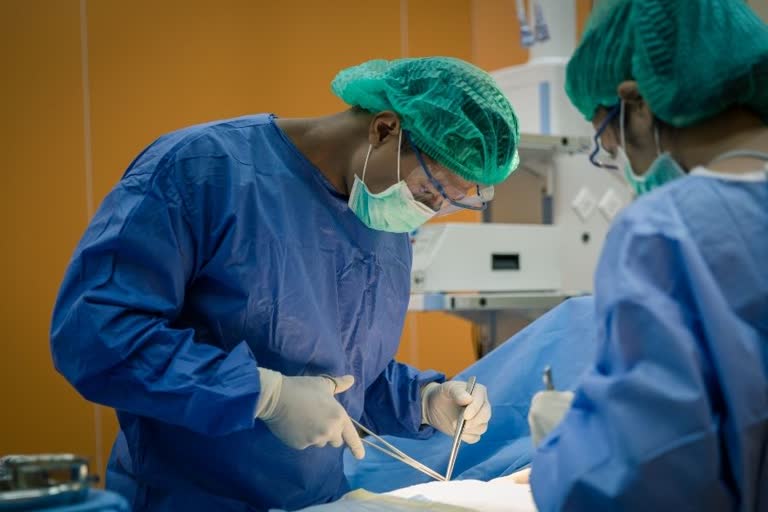The success of animal-to-human transplantation is unlikely in the near future, but possible in the next 30-40 years, said experts. The process, known as xenotransplantations, dates back to the 17th century when attempts were made to use animal blood for transfusions. Due to the paucity of organs from humans, scientists started looking at non-human primates like monkeys, chimpanzees, and baboons, and even pigs. The experiments in pigs have shown more positive results as their organs are comparable to humans.
However, nobody has, so far, made any lasting progress in animal-to-human transplant, Dr. Sudhindran S., Professor, Dept. of Gastrointestinal Surgery, at Amrita Hospital, Kochi, told IANS. "We are unlikely to see a major breakthrough in the next 30-40 years because the process involves a situation where an animal organ becomes acceptable to the human body. To overcome the rejection process, it requires a multitude of steps that are intricately complex and definitely not going to be easy for long-term success," he said.
However, Dr. Udgeath Dhir, Director and Head, CTVS, Fortis Hospital, Gurugram disagrees. According to him, xenotransplantation may be a success as animal organs would be made more compatible with the human body. "In the near future, we are damn confident that we will be able to go for xenotransplantation where we are going to modify the immune system or rather balance the immune system in such a way that the body accepts these organs as a part and doesn't reject it," Dhir told IANS.
He noted that "the field is diversifying a lot. We have gone to the genetic level where we are capping those or masking those cells which would cause immediate or late rejections of these organs. And with the development of new cellular technology, we can modify the DNA that becomes a part of our body. So in the near future, we would definitely have much more successful results". In a rare medical feat, the US doctors in January successfully transplanted a genetically-modified pig heart to 57-year-old David Bennett suffering from terminal heart disease. Following surgery, the transplanted heart performed very well for several weeks without any signs of rejection. The patient was able to spend time with his family and participate in physical therapy to help regain strength. But two months later, he died.
